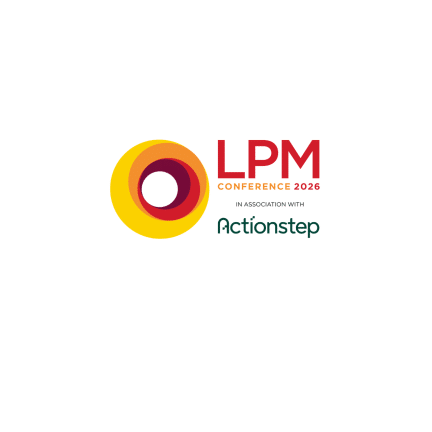
Supercharge your business development through client experience
In episode 16 of Osprey Approach’s Empowering Law Firm Leaders podcast, Amy Bruce, marketing director at Osprey, is joined by Emma Egerton-Jones, non-practising solicitor and client experience and business development coach, to discuss how improving client experience can unlock stronger business development (BD) outcomes for law firms
With almost two decades in the legal sector and experience supporting over 120 firms, Emma Egerton-Jones, non-practising solicitor and client experience and business development coach shares practical strategies to help lawyers build confidence, navigate client expectations, and create lasting relationships based on value and trust.
Three essentials for the modern law firm
Emma identifies three priorities that underpin a successful, sustainable legal practice:
- A people-centric approach
“Achieving sustainable high performance in our law firms is quite difficult,” she notes. Firms need to develop a culture that prioritises people at all levels, including clients and team members. “Developing a culture of people-first, at all levels, leads to a better overall experience for everybody.” - Business focus
“Everybody in the firm should understand what it means to be a legal business,” says Emma. This includes understanding how to develop work, protect profit, and boost cash flow. “Encouraging legal entrepreneurs to explore new ways of working keeps the firm agile.” - Experience-driven mindset
“Client experience ensures a stable workflow and maximises client relationships,” she explains. Equally important is the employee experience, which empowers staff and helps retain them. “Staying open and curious about how to improve experience leads to natural innovation.”
Overcoming business development challenges
Emma also outlines several recurring challenges and offers practical ways firms can address them:
- Adapting to a digital world
“Relationship building in a more digital world is a big challenge,” she notes. “Stop and ask why you’re doing something and if it’s working.” - Achieving client expectations
“We are more accessible, more responsive, more efficient, more productive. Clients just demand more and expect more,” Emma observes. She urges firms to assess what’s working and reduce wasted effort. - Balancing efficiency with connection
“Deliver efficiencies without diluting relationships and connection.” She advises against an ‘arm’s length’ client journey that lacks personal interaction.
How to navigate cost conversations
Emma shares advice for lawyers facing pressure to offer free advice or justify pricing:
- Setting expectations: “Make sure your messaging doesn’t create an expectation of free advice,” she advises. “We need to reassure clients that they won’t be charged unless they know the work is going to be charged for.”
- Taking control: Emma suggests a script for guiding client conversations, something like: “I understand that this is a really stressful situation for you. So what we’re going to do is have a chat about the circumstances, and then I can ask you some questions to understand the legal issues”.
- Holding the boundary: Emma recommends explaining at an early stage why detailed advice cannot be provided without formal engagement. “Unfortunately, for insurance and regulatory reasons, I can’t give you the detailed advice you need on this call,” she recommends. “There’s nothing wrong with being clear that both of us need to be protected for us to get into the meat of that.”
- Articulating value: “If we just give a client a price, all they know is that they can compare your price with another firm’s price,” says Emma. “Connect the value to the meaning for that specific client; their wants, fears, and needs.”
The six emotional drivers of buying behaviour
Emma draws on Harvard Business Review research to explain six core factors that influence client decisions:
- Trust
“Trust is no surprise… There are lots of ways that we build and lose trust through a client journey.” - Knowing the client
“Clients want you to know them,” she explains – including their needs, preferences, and concerns. - Making it easy
“Remove the friction at any point in the client journey,” Emma suggests. “Make everything feel easy for them.” - Understanding the client
“They want you to be the legal team that just gets it,” she says. “It’s that presence piece—you’re connecting, you’re empathising.” - Delivering on promises
“Deliver what they expect you to deliver,” she emphasises. “If you say you have a two-hour callback guarantee, you absolutely need to deliver a two-hour callback guarantee.” - Fixing problems
“Clients don’t actually expect you to be perfect,” Emma notes. “When things go wrong and problems are fixed well, it’s actually trust amplifying.”
A long-term strategy for growth
Emma’s insights underline the importance of being people-centric, business-focused, and experience-driven. By understanding and leveraging the emotional drivers of client behaviour, law firms can build trust, foster loyalty, and create lasting relationships.
Watch the full interview with Emma Egerton-Jones now to discover more advice and guidance on enhancing client services and winning new business. You’ll also hear Emma’s exclusive advice on building confidence in business development and how to win clients for life.




